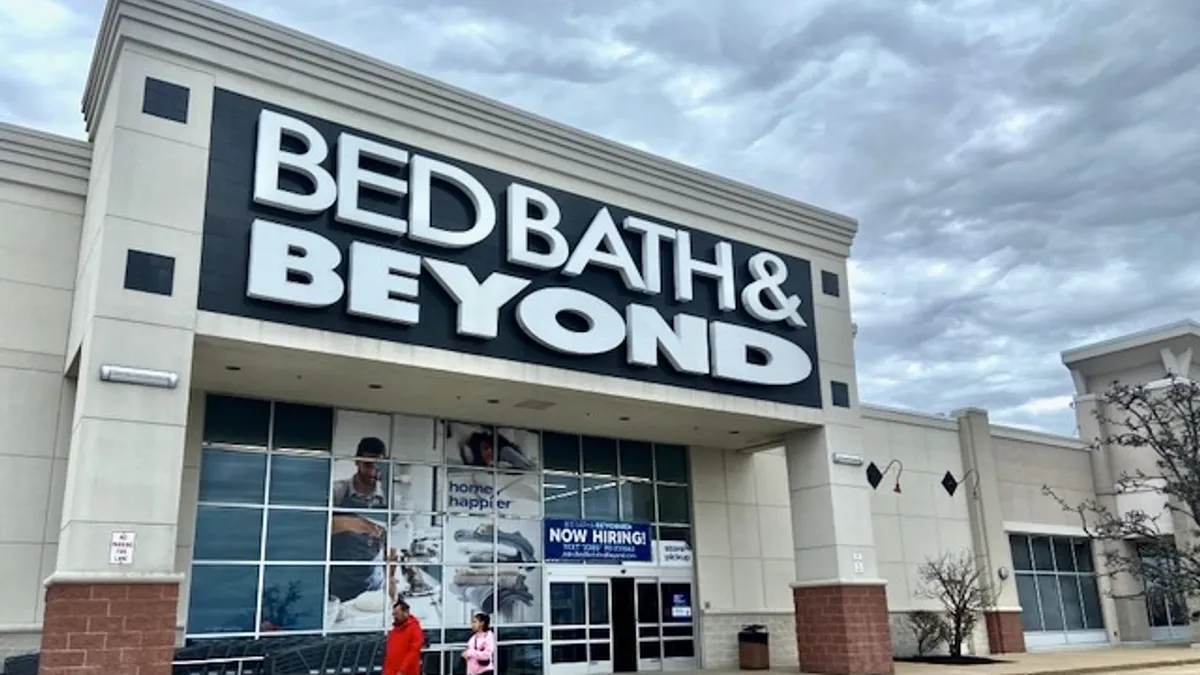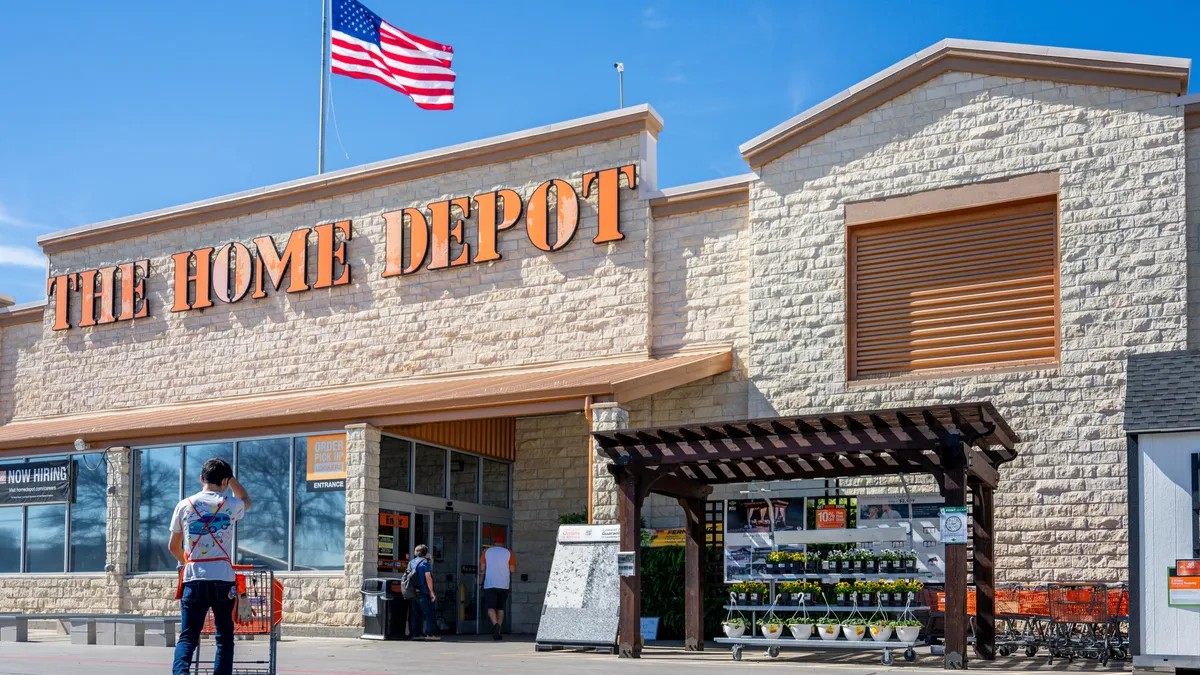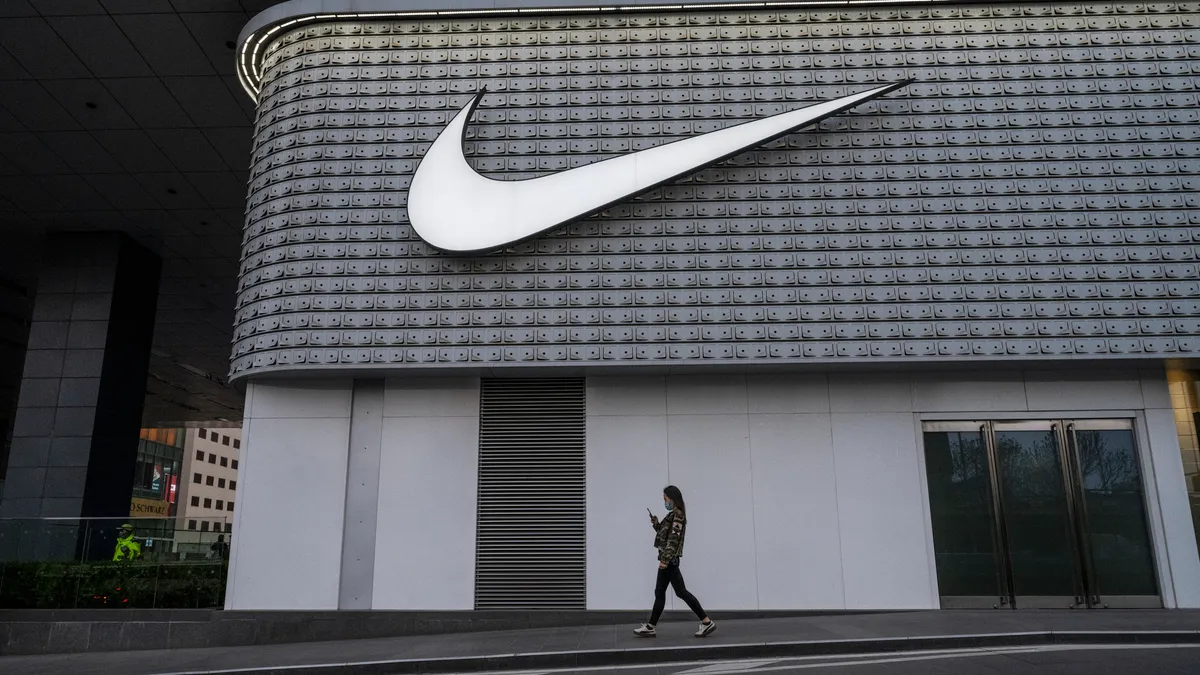Union organizers aren't the only Amazon stakeholders demanding changes to its workplace policies, thanks in part to a shift in focus at the Securities and Exchange Commission.
At its annual shareholders meeting later this month, Amazon will be putting forth a handful of shareholder proposals dealing with worker rights after the SEC denied its requests to keep them out of its proxy statement. Five out of the 15 shareholder proposals (all of which Amazon advises against) deal with transparency around working conditions at the e-commerce giant. Those include a proposal to include hourly employees as director candidates; conduct a report on worker health and safety disparities; additional reporting on warehouse working conditions; and additional reporting on gender and racial pay disparities at its warehouses.
Amazon has been in the spotlight recently as it fights a series of unionization efforts, something that experts say could become a concern for shareholders interested in the company's environmental, social and governance record.
Late last year, the SEC said it is now evaluating shareholder proposals with "focus on the social policy significance of the issue that is the subject of the shareholder proposal."
Other shareholders are taking their activism to the board.
The New York City Retirement System and New York State Common Retirement Fund, an institutional investor group with 1.7 million combined shares as of Feb. 28, valued at about $5.3 billion, is advocating against the re-election of Amazon board members Daniel Huttenlocher and Judith McGrath, who sit on the board's Leadership Development and Compensation Committee. In a letter to shareholders filed with the SEC, the funds cited Amazon’s "high injury rate relative to peers, unsustainable turnover, and labor rights violations, as well as high executive compensation as evidence of the Committee’s misplaced priorities."
“We have continuously seen significant concerns about how Amazon protects its workers health and safety, and upholds its own policies on human rights and freedom of association," New York State Comptroller Thomas DiNapoli said in a statement. "Shareholders need effective, independent board oversight of the company’s policies and practices related to its workforce, but unfortunately, these two directors have repeatedly failed to provide it. It’s time for responsible and engaged directors to take their place on Amazon’s board."
Principles vs. actions
Amazon's policies on human rights and freedom of association are found on its website, where the company has published its "Global Human Rights Principles," stating that it's "guided by the United Nations Guiding Principles on Business and Human Rights," and that it's informed by international standards including the Core Conventions of the International Labour Organization, the ILO Declaration on Fundamental Principles and Rights at Work and the UN Universal Declaration of Human Rights.
But the e-retailer's interpretation of those principles doesn't translate to embracing labor organizations at its facilities. In its annual report, the company lists labor union efforts among more than a dozen risks to its business, and, according to a filing with the Department of Labor, last year paid consultants nearly $4.3 million in cash to help it defeat such efforts.
The company also held mandatory gatherings to give workers information about unions, known as captive listening meetings. In an email, Amazon defended them as legal for more than 70 years, and an opportunity to help workers understand the union election process and facts about joining a union. Last month, however, General Counsel Jennifer Abruzzo issued a memorandum deeming "meetings in which employees are forced to listen to employer speech concerning the exercise of their statutory labor rights, including captive audience meetings, a violation of the National Labor Relations Act (NLRA)."
The National Labor Relations Board recently found merit in worker complaints over such meetings; the workers say they were threatened "with unlawful discharge if they selected the Union as their bargaining representative, and by threatening to withhold benefits from employees if they selected the Union as their bargaining representative."
In an email, Amazon spokesperson Kelly Nantel said, "These allegations are false and we look forward to showing that through the process.”
This week the company is also defending itself against claims that it fired several people over union efforts. Those include at least one worker in Bessemer, as well as managers and workers at a Staten Island warehouse known as JFK8 who did vote to unionize. Some labor experts see that victory as a boon to a burgeoning new labor activism.
Managers are often fired over a union victory because they are a company's first line of defense against organized labor and aren't fully protected by labor law, according to Kate Bronfenbrenner, director of labor education research at the Cornell University School of Industrial and Labor Relations.
"My sense is that Amazon is trying to say, 'This wasn't our fault, these were six incompetent people that did this,'" she said by phone. "I think it's going to backfire. It makes Amazon look petty. And these six employees are, you know, discovering the very reason why workers unionize."
Amazon is framing the terminations as routine. “Part of our culture at Amazon is to continually improve, and we believe it’s important to take time to review whether or not we’re doing the best we could be for our team," Nantel said in an emailed statement. "Over the last several weeks, we’ve spent time evaluating aspects of the operations and leadership at JFK8 and, as a result, have made some management changes.”
While warehouse managers have little recourse under labor law, pro-union workers can turn to the NLRB, and fired JFK8 workers involved with the Amazon Labor Union say they will. Tristan Dutchin and Mat Cusick are lodging unfair labor practice complaints over what they see as Amazon's retaliation, Cusick said by email.
"Both of us were known organizers at Amazon in Staten Island who worked on the successful union campaign of JFK8," Cusick said. "Both of us were subject to harassment at the Amazon complex. ... Several other union supporters at JFK8 have recently been fired unjustly as well, appearing to have been targeted for their union support."
Amazon declined to comment on those actions.
An ESG question
Amazon may want to demonstrate to shareholders that it can squelch worker uprisings. But more investors increasingly see a need to square a company's rhetoric about its environmental, social and corporate governance and its actions, according to David Schilling, senior advisor at the at the Interfaith Center on Corporate Responsibility. That includes worker rights and unions, he said by phone.
"The freedom of association and collective bargaining, these are basic human rights and there's a greater recognition of the responsibilities of companies and investors to really engage in a full range of human rights," he said. "In the case of Amazon — and now the National Labor Relations Board has looked at this — they've actually had workers in sessions to really counter that right to bargain collectively and to freely associate. So, there's a lot of contradiction here."






















